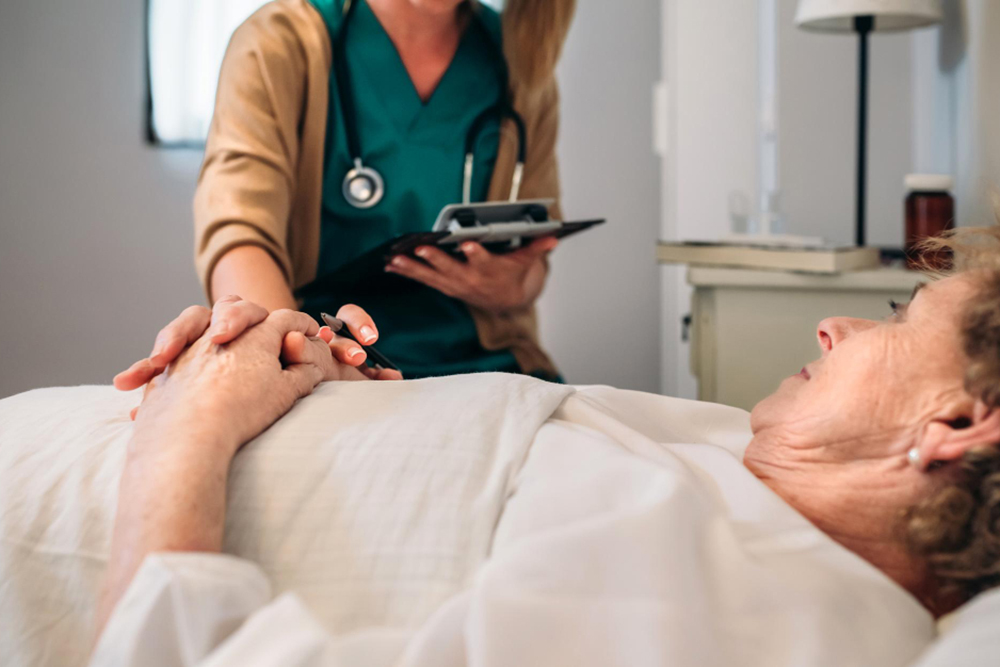Your Essential Guide to Medical Emergency Preparation

When it comes to medical emergencies, preparation is key. Whether it’s a bump on the head or a more severe situation, the right response in the critical first moments can make all the difference. In Philadelphia, PA, understanding the local health resources and having a well-thought-out plan ensures that you and your loved ones are always one step ahead when it comes to sudden health crises.
From creating an emergency kit to knowing the best routes to the nearest medical center, here are the indispensable tips you need to be ready for any medical emergency in the City of Brotherly Love.
Understand Your Health Care Resources
Before an emergency occurs, it's critical to be aware of the health care options available in your local area. In Philadelphia, this includes a host of prestigious hospitals, clinics, and specialty centers. Get familiar with the locations of the following:
- Emergency care facilities: Identify the nearest hospital emergency rooms as well as urgent care centers that can handle immediate medical needs that aren't life-threatening.
- Specialized services: Note where you can find specialized care, such as pediatric hospitals or stroke centers, for conditions that require specific treatments.
- Pharmacies: Have a list of 24-hour pharmacies where you can fill prescriptions or get over-the-counter medications when needed.
Being aware can significantly cut down on decision time in an actual emergency and can lead to quicker care.
Create a Comprehensive Emergency Kit
Having a well-stocked and readily available emergency kit can mean the difference between desperation and control. Here’s a checklist to get you started:
- Essential medications: Keep a two-week supply of any prescription medications you or your family members need.
- First aid supplies: Include bandages, antiseptic wipes, gloves, and adhesive tape for minor injuries.
- Tools and supplies: This includes a multipurpose tool, whistle, dust masks, plastic sheeting, and a can opener.
- Sanitation and personal hygiene items: Remember moisture towelettes, garbage bags, and plastic ties for personal sanitation.
- Basic tools: A wrench or pliers to turn off utilities, manual can opener, battery-operated radio, and garbage bags for use as plastic sheeting.
Having this kit—even a small portion of it—pre-assembled and accessible can be invaluable.
Establish a Communication Plan
In the event of an emergency, your family and friends might be separated. It's vital to have a plan for how you will communicate and reunite. Here are some components to consider:
- Designate an out-of-area contact: Decide on a relative or friend who everyone will try to reach in case of emergency.
- Emergency technology: Establish common methods of communication such as texting or social media. Be sure to know how to communicate using various technologies.
- Meeting place: Designate a meeting spot near your home and another one outside your neighborhood in case you can't get home.
Effective communication strategies can provide peace of mind and streamline the process of connecting with loved ones amidst the chaos of an emergency.
Stay Informed and Trained
Knowledge is power, and when it comes to handling medical emergencies, it is essential to be informed and trained in basic first aid and response tactics. Seek out training courses through local organizations, such as the Red Cross, to learn:
- CPR: Cardiopulmonary resuscitation (CPR) for adults, children, and infants.
- First aid: Response for various medical scenarios from burns to head injuries.
- AED operation: Many public places have Automated External Defibrillators (AEDs) available—know how to use them.
The more you and your family members know, the more you can do to assist during an emergency.
Identify High-Risk Scenarios and Prepare Accordingly
Different geographic areas have unique potential hazards. Know what types of emergencies are likely in your area and tailor your preparation accordingly. For Philadelphia, these may include:
- Severe weather: Be prepared for hurricanes, nor'easters, and heavy snow which may result in power outages and road closures.
- Urban hazards: Consider preparation for public health emergencies, such as pandemics, as well as traffic and urban safety issues.
- Local risks: Research specific risks in your neighborhood, such as flooding, and take steps to mitigate where possible.
By focusing on the most likely emergencies for your area, you can ensure your preparation efforts are targeted and effective.
Wrapping Up
Medical emergencies are unpredictable, but the way we respond to them shouldn't be. By understanding the local resources, assembling an emergency kit, planning communication and safe locations, educating yourself on first aid, and knowing your specific risks, you can greatly enhance your readiness for any unforeseen medical event.
Remember, the goal of emergency preparedness is not to incite fear or paranoia, but to instill confidence and enable a sense of control even in the most uncertain times. Start preparing today, and you'll be amazed at how this proactive approach to your health and safety can positively impact your life. Be diligent, be prepared, and most importantly—stay informed. If you're seeking for a reliable home health care in Philadelphia, PA, contact Empire Home Health Care today for more information.